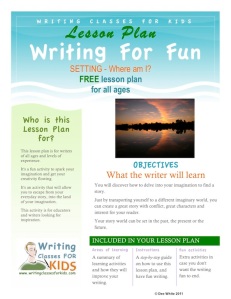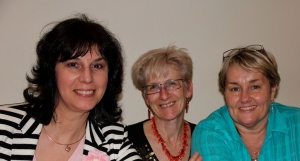 Today, I was going to post another blog about revising manuscripts, but to be honest, I wasn’t in the mood.
Today, I was going to post another blog about revising manuscripts, but to be honest, I wasn’t in the mood.
At the moment, I’m deeply immersed in Christmas shopping, in choosing the perfect presents for the people I love.
As always, books are a major part of my shopping list and I get a tingle of anticipation when I think of how the readers are going to love the books I have chosen for them.
Today I was spending time gift wrapping said books, and it struck me what a truly extraordinary gift writing is.
Writing is a gift that is both given and received. It’s a gift we’re born with and it’s something that grows with us if we nurture it. Sadly, it’s something that some people don’t get to experience which is why we should support important initiatives like the Indigenous Literacy Project.
Writing is an amazing gift that we can give to others. The stories we create can make people laugh, make them cry, inspire, inform, entertain and educate – so many wonderful things we can do for others with our words.
What we write can help readers empathise with our characters, it can help people going through hardship by letting them know that they are not alone, that what they are going through isn’t their fault, that there’s a way out.
We can use our writing to share things with readers that they wouldn’t otherwise experience.
Whatever form our writing takes whether it be paper or electronic, words are a precious gift.
So if you’re a writer, look after your gift, share it well and allow it to help you become the person you want to be.
Thanks for following my deescribewriting blog this year. May you have a safe and happy Christmas and a year ahead that’s full of inspiration and great reading and writing.
Dee
xx
P.S. If you have some spare writing time over the holiday break, you might like to enter one of the writing competitions at my Writing Classes For Kids blog. December’s theme is scary stories. January will be fantasy stories.














